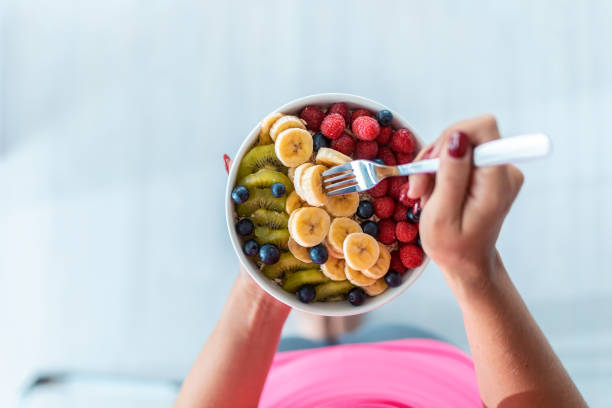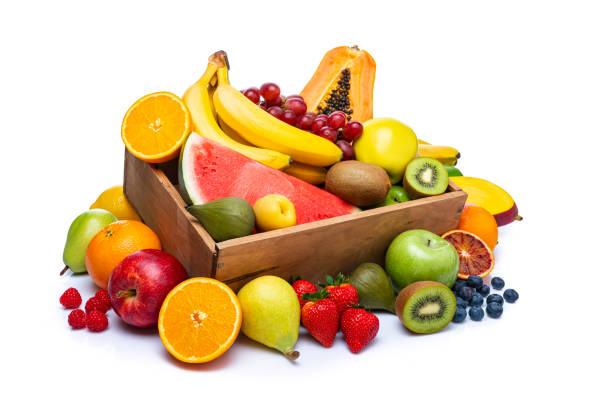Fruit
Try fruit if you don't want a complete dinner but still want something to eat in the morning. All fruits are generally low in calories and high in fiber and simple sugars. Fruit fiber slows your body's absorption of its sugars, providing you with a consistent supply of energy. You'll also receive different vitamins and minerals depending on the variety of fruit. Many fruits, for example, such as oranges, guava, kiwi, strawberries, papaya, acerola cherries, and lychee, are strong in vitamin C, which serves as an antioxidant and is important for skin health.
Other potassium-rich fruits include bananas, oranges, cantaloupe, papaya, and mango. Furthermore, depending on their hue, fruits contain a variety of polyphenol chemicals and antioxidants. Guava, for example, is high in lycopene, but purple plums are strong in anthocyanins. This is why it's crucial to consume a variety of fruits. According to research, eating whole fruit may have various advantages, including a lower risk of heart disease and cancer, lower rates of depression and poor mental health, healthy aging, and improved gut health. Because fruit juice lacks fiber and is less likely to keep you full, it's preferable to stick to whole fruit as much as possible. Pair fruit with high protein items like eggs, Greek yogurt, or cottage cheese for a healthy breakfast.














